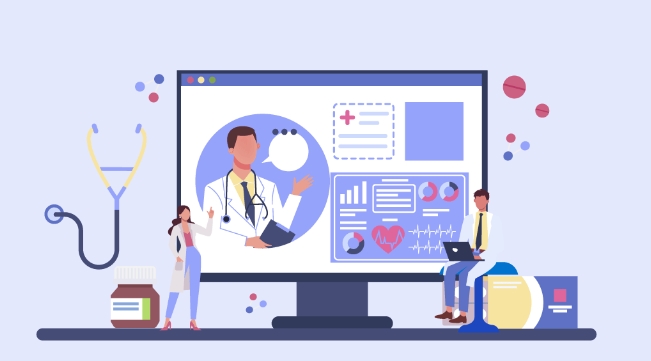Health information systems (HIS) are critical tools in modern healthcare settings, helping healthcare providers manage patient information and ensure quality care delivery. There are a variety of health information systems that cater to different aspects of healthcare management. Let’s explore some of the main types of health information systems:
1. Electronic Health Records (EHR)
EHRs are digital versions of patients’ paper charts, containing comprehensive information about their medical history, diagnoses, treatment plans, medications, allergies, immunization records, and laboratory test results. EHRs allow for easy access to patient information, facilitate communication between healthcare providers, and improve overall care coordination.
2. Health Information Exchange (HIE)
HIE systems facilitate the electronic sharing of patient health information across different healthcare organizations and systems. This interoperability of data allows for seamless communication between healthcare providers, reduces duplicate testing, and improves care coordination for patients who seek treatment from multiple providers.
3. Picture Archiving and Communication Systems (PACS)
PACS are specialized systems that store and manage medical images such as X-rays, MRIs, and CT scans. These systems allow healthcare providers to easily access and view patient images, share them with other providers, and integrate them with electronic health records for a more comprehensive patient health record.
4. Clinical Decision Support Systems (CDSS)
CDSS are software tools that help healthcare providers make informed clinical decisions by providing evidence-based guidelines, alerts for potential drug interactions, reminders for preventive care measures, and other decision-making support tools. These systems can improve healthcare outcomes, reduce medical errors, and enhance patient safety.
5. Telemedicine and Telehealth Systems
Telemedicine and telehealth systems enable remote healthcare delivery through videoconferencing, remote monitoring, and virtual consultations. These systems allow patients to access care from the comfort of their homes, reduce the need for in-person visits, and improve access to healthcare services in underserved areas.
In conclusion, health information systems play a crucial role in modern healthcare management by improving access to patient information, facilitating communication between healthcare providers, enhancing decision-making, and ultimately improving patient care outcomes. Healthcare organizations should carefully consider their specific needs and objectives when selecting and implementing health information systems to ensure optimal functionality and efficiency in their operations.

